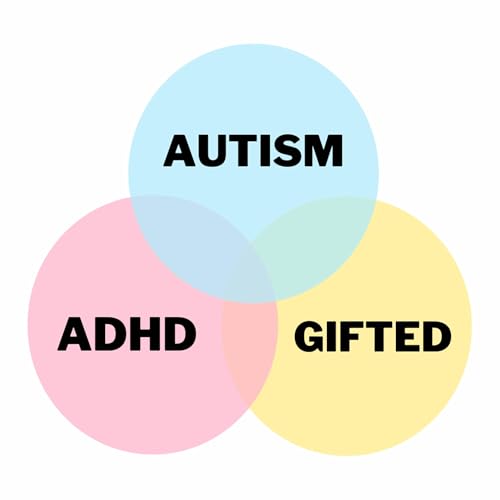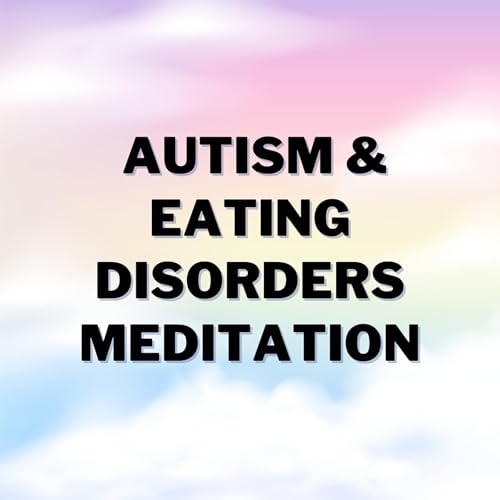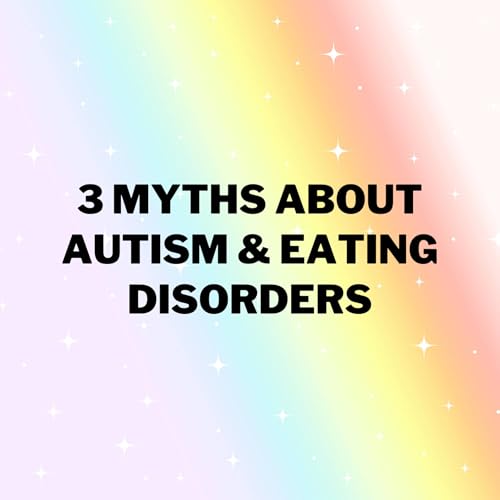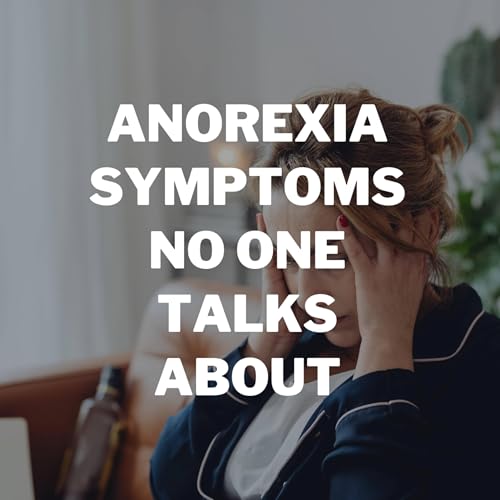Welcome to this Liv Label Free meditation! I’m Livia Sara, an autistic eating disorder recovery coach that’s here to help you turn your MESS into your MESSage.
Today, I’m delighted to guide you through this meditation designed for autistic people struggling with eating disorders. It’s a connection that’s hugely misunderstood, which is beyond unfortunate because of how common autism and eating disorders are!
My promise to you with this mediation is that you will feel validated and that you will walk away with at least a teensy tiny bit of hope. Because you are absolutely not alone, my friend.
Freedom from disordered eating is already out in the Universe waiting for you. Your unique version of a healthy relationship with food is already swirling through the cosmos, waiting for your powerful neurodivergent essence to collide with it!
But of course, that can be difficult to imagine, let alone to trust, when you feel stuck. When you feel like food is your only coping mechanism. When you feel that food and exercise are your only way of numbing from this overwhelming world not built for you.
So that’s what we’re going to explore together today. Through your breathing and intention, and my guidance, we’re going to regulate your nervous system together, and we’re going to create the space for YOU to create a life you don’t need to escape from. Which is a life of safety. Because when you feel safe, there’s no numbing necessary.
💗 1-1 Coaching: https://www.livlabelfree.com/coaching
✨ Existential Autistic Membership: https://www.livlabelfree.com/membership
🎙️ Free Audiotraining: https://www.livlabelfree.com/free-audiotraining
 34 分
34 分 45 分
45 分 12 分
12 分 59 分
59 分 25 分
25 分 26 分
26 分 2025/09/0159 分
2025/09/0159 分 8 分
8 分

